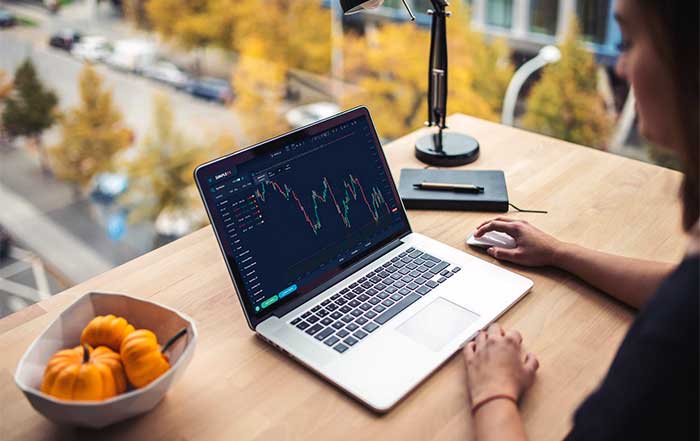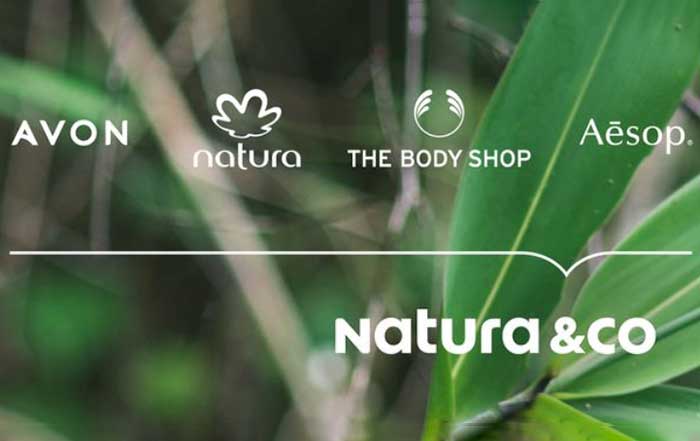Binance, the largest cryptocurrency exchange globally, enables investors to discover new and exciting blockchain startups. In this article, we explore some of the potentially best upcoming Binance listings to invest in 2023.
The Top Potential New Binance Listings to Invest in Right Now
Here are the top cryptocurrencies that could be among the next Binance listings in 2023:
AiDoge - New AI-Based Meme-Generation Platform Currently in Presale, $5m Raised so Far. AiDoge is a brand new crypto project that combines two of the hottest trends in the market - memes and artificial intelligence. It allows users to create unique and engaging memes with AI-powered tools. Users provide text prompts, and the tool will generate memes within seconds.
$SPONGE - Red Hot New Meme Coin Outperfoming Pepe Since Launch. $SPONGE is a brand new meme coin that can claim to be the hottest token in the whole crypto world since it launched in early May.
yPredict - AI and Machine Learning Ecosystem Built for Traders and Data Scientists. yPredict seeks to unlock the power of AI for trading analysis and this new platform is designed to analyze market data, and generate predictions for cryptocurrencies. This way, yPredict allows users to make informed decisions on their crypto trading positions.
Ecoterra - Innovative Recycle-to-Earn App With Attractive Rewards. Ecoterra is a newly launched presale project focusing on sustainability that encourages users to take eco-friendly steps by rewarding them with cryptocurrencies. To facilitate this, the project has developed a new digital token, ECOTERRA.
Deelance - Blockchain-Based Ecosystem for the Gig Economy. There is increasing demand for freelancing jobs globally and Deelance is building a revolutionary platform to capitalize on this sector. The platform will make it easy for freelancers to connect with clients. Crucially, the platform will integrate Web3 elements, including NFTs and a metaverse.
Launchpad XYZ - One-Stop-Shop for Web3 Products and Investment Tools. Launchpad XYZ is another new crypto project that fosters innovation and collaboration in the Web3 space. The project is building a full-fledged portal for Web3 enthusiasts. It also offers easy access to Web3 services and products, such as NFTs, DeFi tokens, and metaverses.
Tamadoge - Play-to-Earn Gaming Arcade Featuring Doge-Inspired NFTs. Tamadoge was founded in mid-2022 and aims to dominate the play-to-earn gaming space. The project has built a blockchain-backed ecosystem focused on virtual pets. Players will have their own unique pet with varying traits, randomly generated as an NFT. This means that players own their virtual pets.
Sui - New PoS-Powered Layer 1 Blockchain Network. Sui is a new cryptocurrency released on Binance in 2023. The project has developed a layer 1 blockchain, and its much-anticipated mainnet launch has just taken place.
Keeping an eye on upcoming Binance listings can yield lucrative opportunities for investors. We have discussed a selection of innovative projects that could be the best new crypto on Binance this year. In this regard, we particularly like AiDoge. This new startup has built an AI-backed meme generation tool that functions on text prompts. Users need the project’s native token, $AI, to create memes. $AI tokens are currently being sold to early investors at a discount, with over $4.3 million already raised in just two weeks since it launched. Visit the AiDoge presale website to secure an attractive entry price today. $SPONGE is another high-potential meme coin that still has been one of the hottest coins on the market since launch but still has huge room to grow in the coming weeks.
DISCLAIMER: This is not to be taken as investment advice. Crypto is a volatile asset, do your own research before investing and only invest money you can afford to lose. Investing in cryptocurrencies is highly risky the value of cryptocurrencies can be extremely volatile and may be subject to significant price fluctuations over short periods of time. There is no guarantee of a return on investment, and any potential investor should carefully consider the risks before investing. It is also important to remember that cryptocurrencies are not tangible assets. They are digital currencies, and there is no guarantee that they will retain their value over time. Due to their decentralized nature, they can be manipulated, and their value can be affected by changes in the global economy. We cannot accept any responsibility for any losses incurred due to investing in cryptocurrencies. We disclaim all liability for any losses or issues that may arise from any recommendation given by us.




